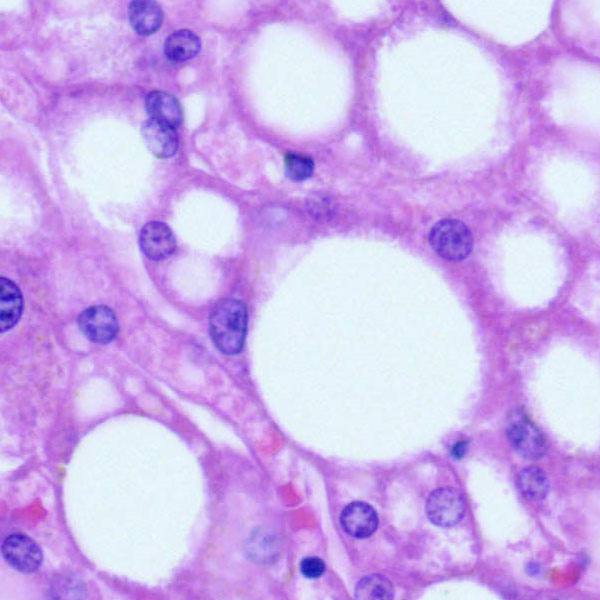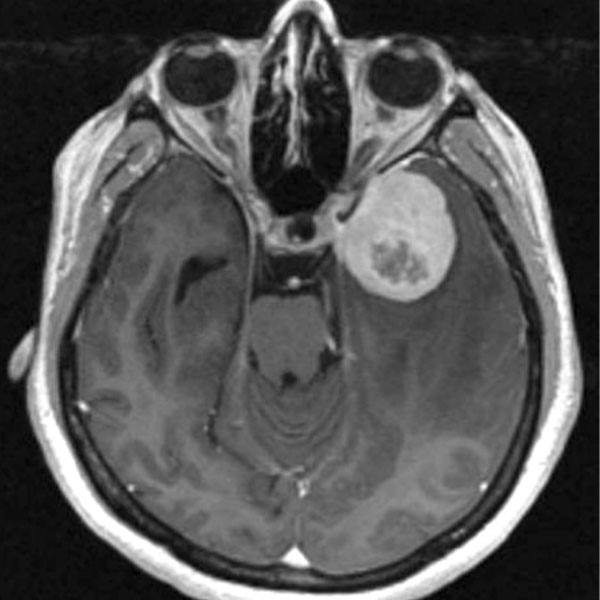-
Infectious Diseases A-Z: When to stay home from work
 The nation continues to be in the thick of cold and flu season. Mayo Clinic infectious diseases specialist Dr. Pritish Tosh says many people who have common cold and flu symptoms may feel obligated to go to work; however, he says the best option may be to stay home to avoid infecting others.
The nation continues to be in the thick of cold and flu season. Mayo Clinic infectious diseases specialist Dr. Pritish Tosh says many people who have common cold and flu symptoms may feel obligated to go to work; however, he says the best option may be to stay home to avoid infecting others.
"If people are having cold symptoms, I know that we feel this burden on our work colleagues that, wow, we really need to come in and take care of this work. But it does benefit everybody else if you stay home during that period of time – until you’re no longer having fevers – often for the next 24 hours," says Dr. Tosh.
Watch: Dr. Pritish Tosh says stay home when sick.
Journalists: Broadcast-quality sound bites are in the downloads.
The typical length of illness for influenza symptoms is five- to- six days, though a cough may linger. Dr. Tosh says, "If it’s a common cold virus, often people will get better within 48- to- 72 hours. If things are lasting a week or more with fevers, without seeming to get better, that would be a good time to call your provider."
Dr. Tosh also says just because you've had one bout with a virus, doesn't mean you are immune for the season.
"Oftentimes, when somebody has been infected with one strain of a particular virus, they should have immunity for a while; however, there are so many different respiratory viruses that are going to circulate within a season. You very well could get one rhinovirus in December, influenza in January, then a coronavirus in February, which are not going to provide immunity to each other. It's, unfortunately, bad luck for that person, and they may feel as though, 'Wow, I’ve had this cold forever,' or 'This cold keeps coming back'. Most times, it’s different colds that they’re getting."
A long-standing cough could be something that’s infectious, such as whooping cough (pertussis), or may develop into a serious illness, such as pneumonia. Dr. Tosh says, "See your health care provider if you are have difficulty breathing, feeling lightheaded or if symptoms persist."







